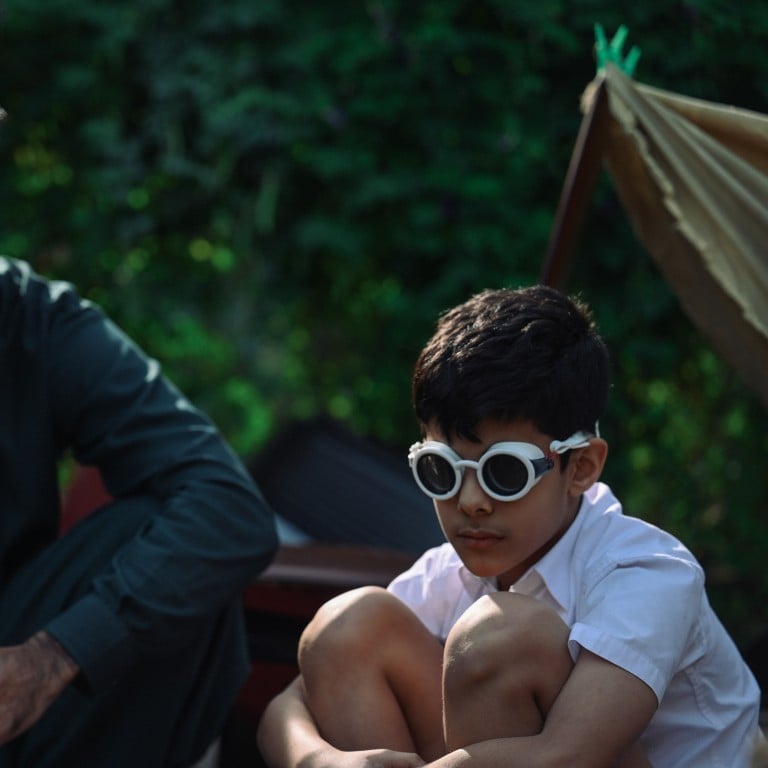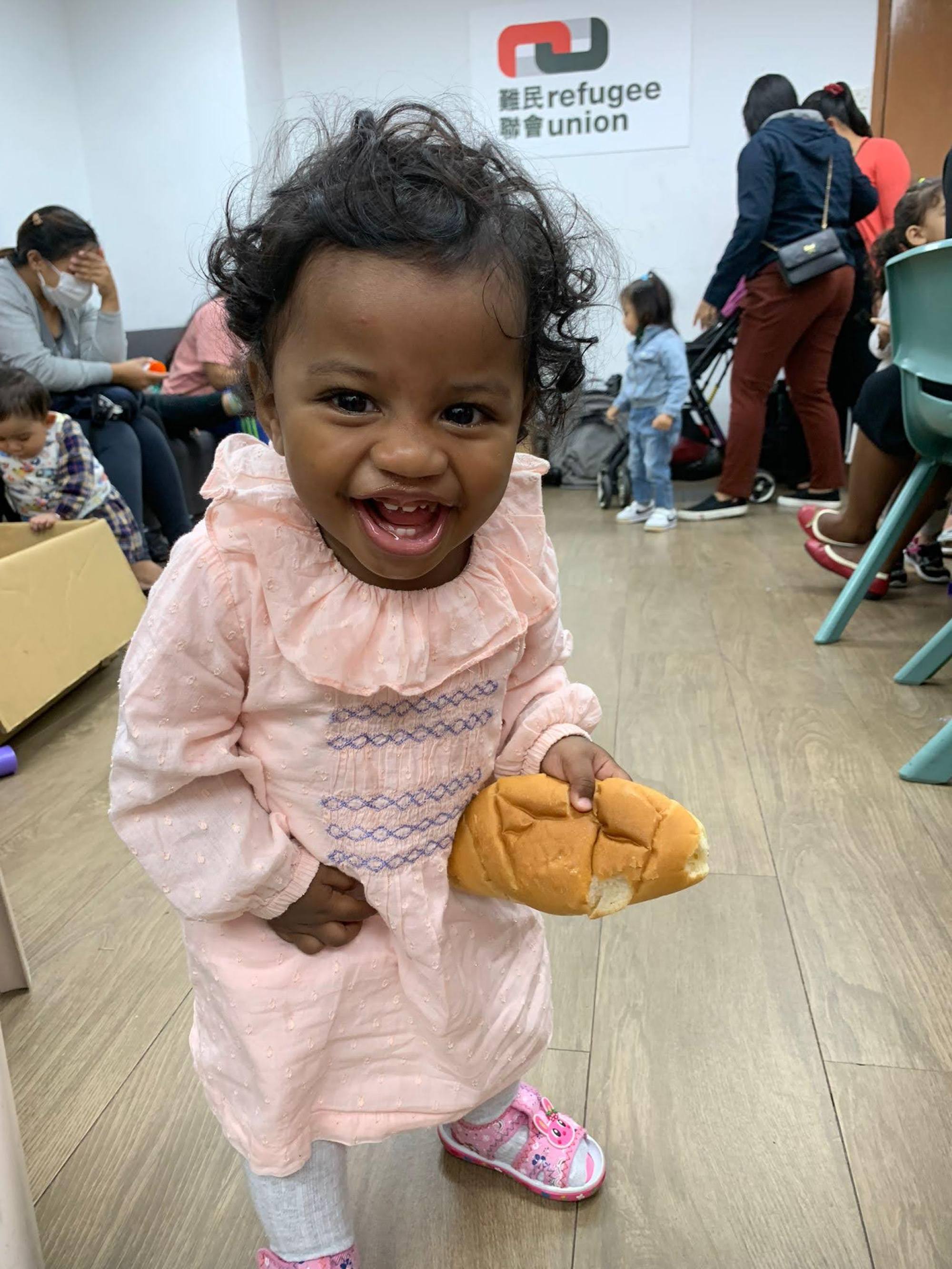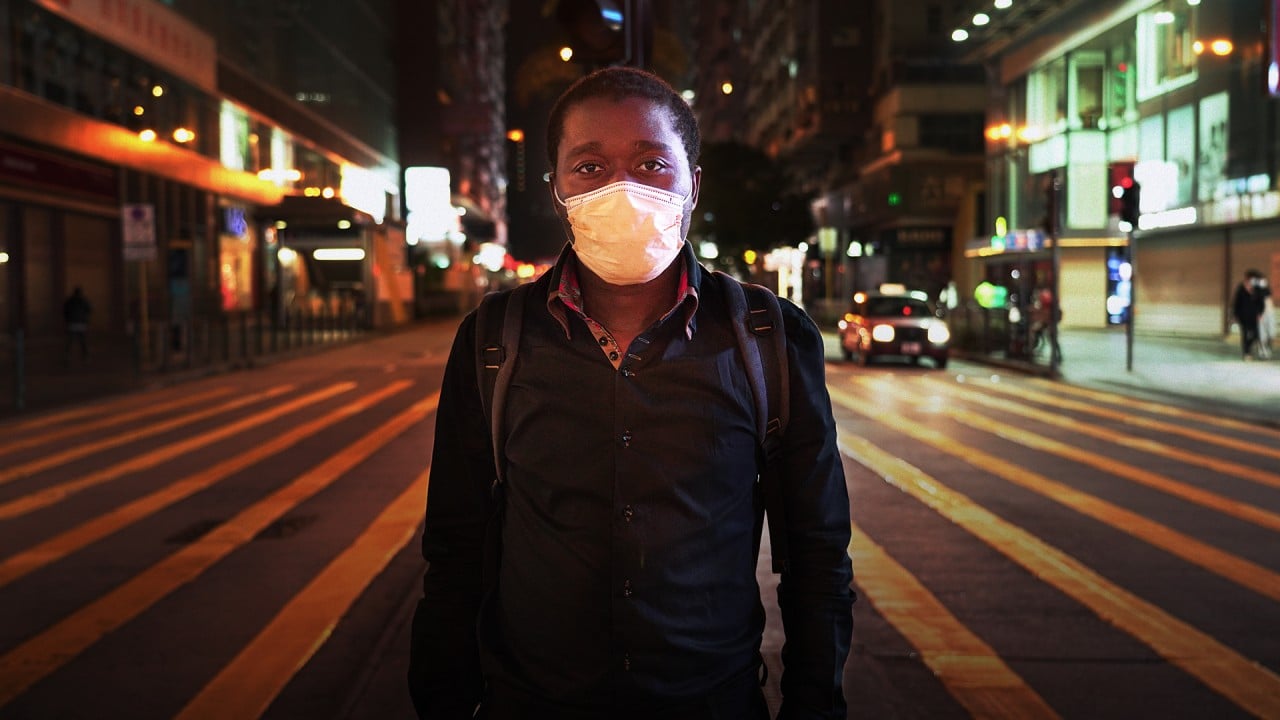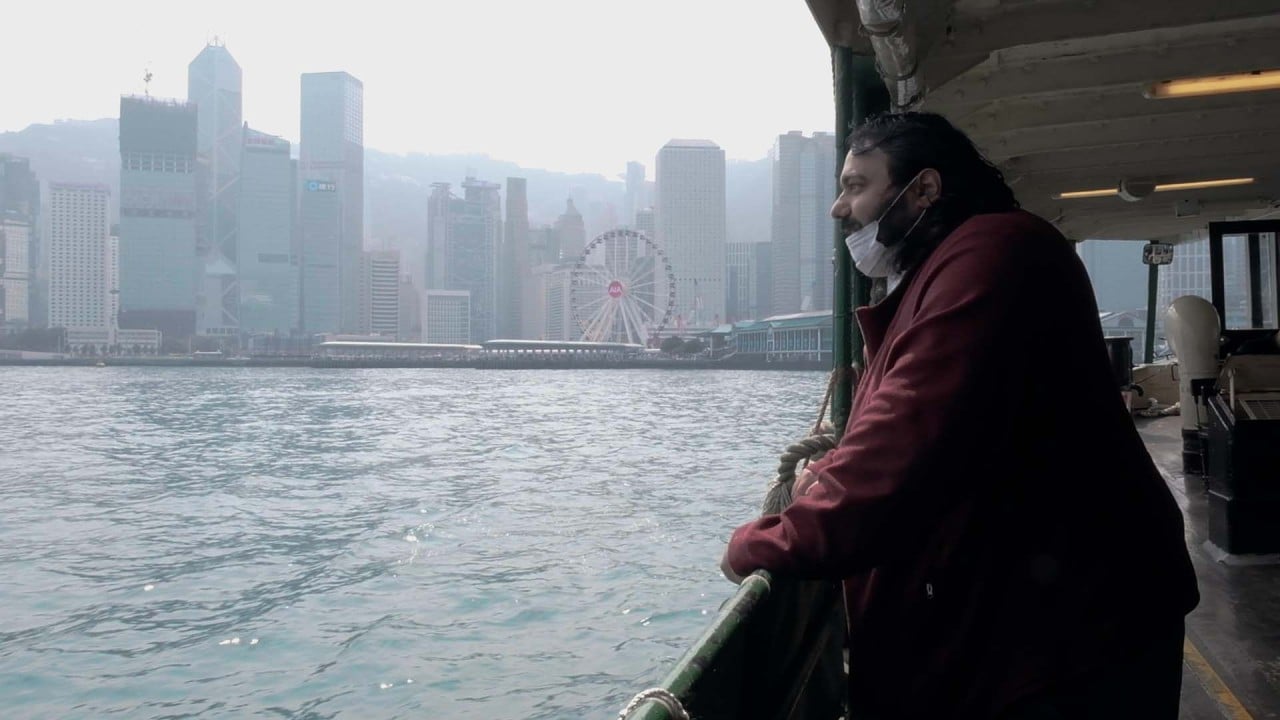
Hong Kong should empower its young refugees with better education and support
- Often poor, socially excluded and lacking in educational opportunities, young refugees are still waiting for the city to wake up to its duty of care
Many young refugees in Hong Kong, whether having fled here with their parents or born here to a refugee family, grow up in a very tough environment and face many limitations to their personal and career development.
Our research report “A Study of Refugee Youth in Hong Kong: Education Empowerment Programme”, released last month, includes in-depth interviews with three professionals and six young refugees. It explores the learning and living problems faced by refugee youth, their growth and development in Hong Kong and the adequacy of the support they receive.
Refugee families find it hard to meet basic living expenses by solely relying on support from the government and NGOs. Refugee youth are deprived of the opportunity to participate in many extracurricular activities due to poverty and not being able to leave Hong Kong to take part in them due to travel restrictions. Talented refugee youth capable of further studies are held back by the lack of government subsidies for postsecondary education.

Those who wish to work legally have to apply for an employment permit from the Immigration Department, but the process is slow. Those whose non-refoulement claims have been turned down find it even harder to obtain the permit. This prevents them from working their way out of poverty.
Their suffering may cause emotional problems, but it is difficult for the refugee youth to find friends to talk to about this. They tend to have low self-esteem and self-stigmatise, isolating themselves from mainstream society and social groups. Worse, they are afraid to reveal their refugee status for fear of being bullied.
Despite this, these refugee youth still consider Hong Kong special because they have friends and memories of growing up in this city. Even after they settle elsewhere, Hong Kong remains a place of top priority for them to return and contribute to. There are touching stories of refugees returning to support Hong Kong’s voluntary services.
The government and society have a responsibility to foster a more suitable environment for the growth and development of refugee youth in Hong Kong. We should treat them as local students and offer appropriate education and training.
There are many places in the world where refugee policies are better developed. For instance, China’s central government gives refugee children (most of whom are believed to be of Chinese descent) the same access to public education as local children.
I suggest the Hong Kong government promotes a refugee youth education empowerment programme. This would require schools to refer refugee students to NGOs for extracurricular education and training, to help them narrow their educational gap with local students.
The support should be provided without disclosing the refugee identity of the students to their peers, to prevent further exclusion and bullying. Ideally, this should be led by NGOs and supported by schools.
The government should provide funding, ensure the quality of services and establish a platform for communication, while schools that refer refugee students should regularly assess their performance in school and work closely with NGOs.
The NGOs should mainly assess and disseminate data on the performance of these students to the government and schools regularly, organise extracurricular activities, help apply what they have learned in the community and ensure the quality of education.
Immigration detention in Hong Kong should not feel like jail
But I believe this is unlikely. Most refugees know little, if anything, of the situation in Hong Kong before fleeing their country, and even with enhanced educational support, their life in Hong Kong will still very challenging.
Whether in growth or development, refugee youth in Hong Kong have a very difficult time, yet very little attention is paid to them. They are generally regarded as a burden and negatively labelled. I hope the government and our society can see their development needs as important and pay more attention to their education.
If the government, schools and NGOs can work together, Hong Kong’s refugee youth can grow up in a better environment. When they are happily settled elsewhere, they will be better able to adapt to their new homes and pursue their dreams. And one day, they may just come back and contribute to Hong Kong.
David Lai is deputy research director at MWYO, a youth-focused independent think tank



